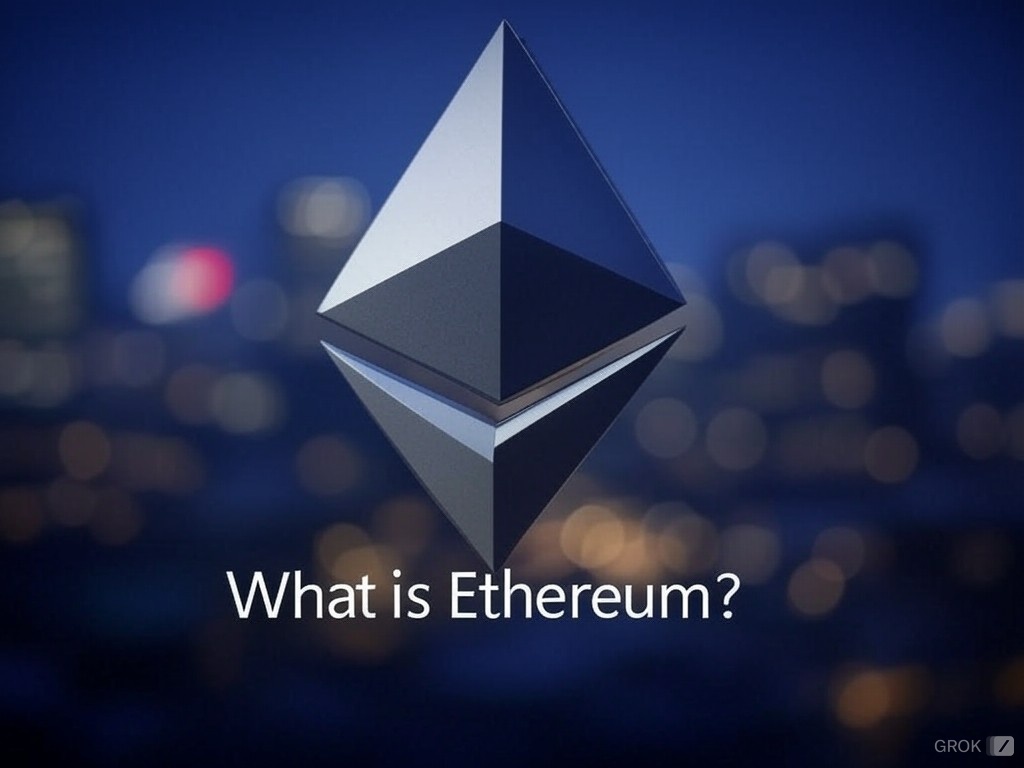

A five-page proposal, submitted by Maximilian Staudinger to the SEC Crypto Task Force, advocates for XRP as a strategic financial tool for the US. Published on the SEC website, the document suggests that integration of Ripple’s XRP into the American system could free up to $1.5 trillion in Nostro accounts – funds that banks hold in foreign currency for cross-border transactions.
Globally, the value of these accounts is $27 trillion, of which the US manages $5 trillion. The proposal claims that XRP could replace 30% of this, save $7.5 billion in costs annually, and even streamline government payments, such as Social Security. Additionally, it suggests that the released $1.5 trillion could be used to buy Bitcoin (BTC) for a strategic reserve, but it mentions an unrealistic 25 million BTC at $60,000 each – above Bitcoin’s limit of 21 million.
The plan calls for a presidential order to classify XRP as a means of payment by the SEC, the Department of Treasury, and Justice, which could settle the ongoing Ripple lawsuit. Furthermore, it advocates for legislation that obliges banks and the Federal Reserve to adopt XRP as a replacement for Nostro accounts. Implementation could take place within 12 to 24 months, depending on a normal or accelerated trajectory, provided legal clarity is achieved.
The crypto community is critical. Frank Corva of Bitcoin Magazine called it “illogical” in an opinion piece and wonders why the US would embrace XRP while two-thirds of the supply lies with Ripple. The proposal harvests skepticism due to its ambitious claims and lack of practical substantiation. Although it is on the SEC site, users emphasize that this is not an official position – the SEC also publishes public submissions. Staudinger confirmed that he wrote it to highlight XRP’s potential, not as SEC policy.
This proposal attracts attention, but its feasibility remains disputed. It underscores XRP’s growing profile, but without regulatory support and a realistic framework, it seems to be a thought exercise for now. The market is primarily looking at the Ripple-SEC case for real progress.